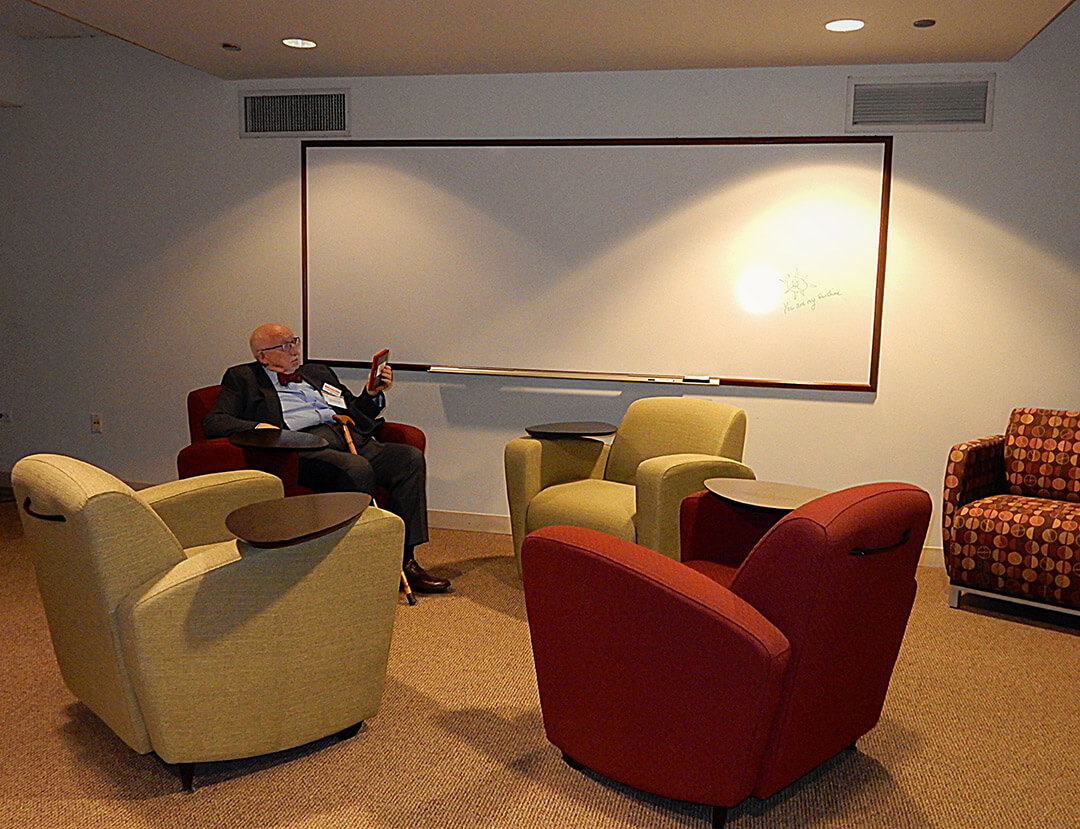Llewellyn talks to host Tim Farley about John McCain, the late Republican senator from Arizona; and about the events that led environmentalists to choose coal over nuclear, thus allowing untold millions of tons of carbon into the atmosphere, and now making that same mistake with wind and solar, technologies whose spent parts are creating a waste disposal problem.
Listen to the segment by pressing the play button below.

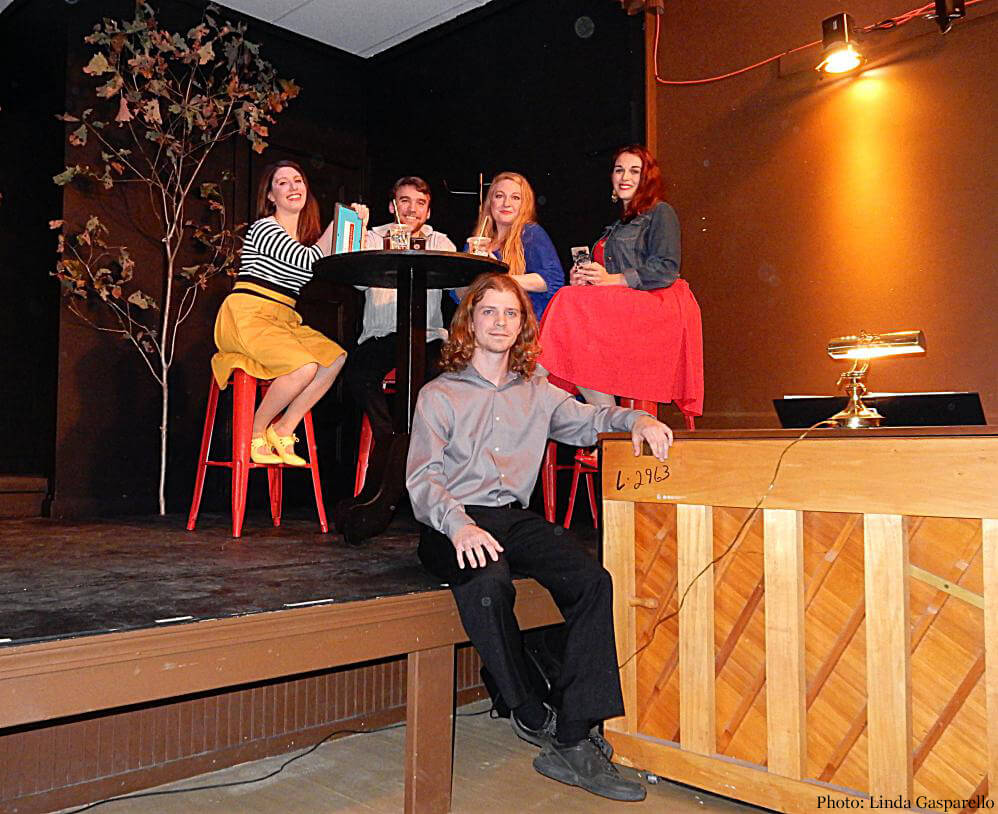
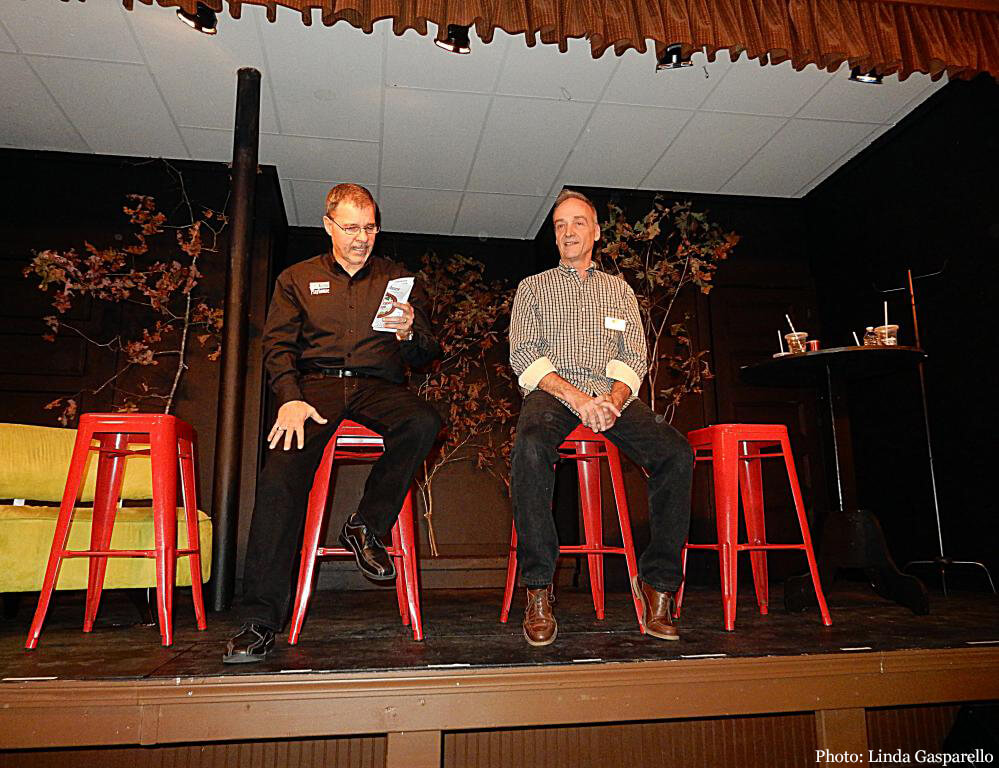

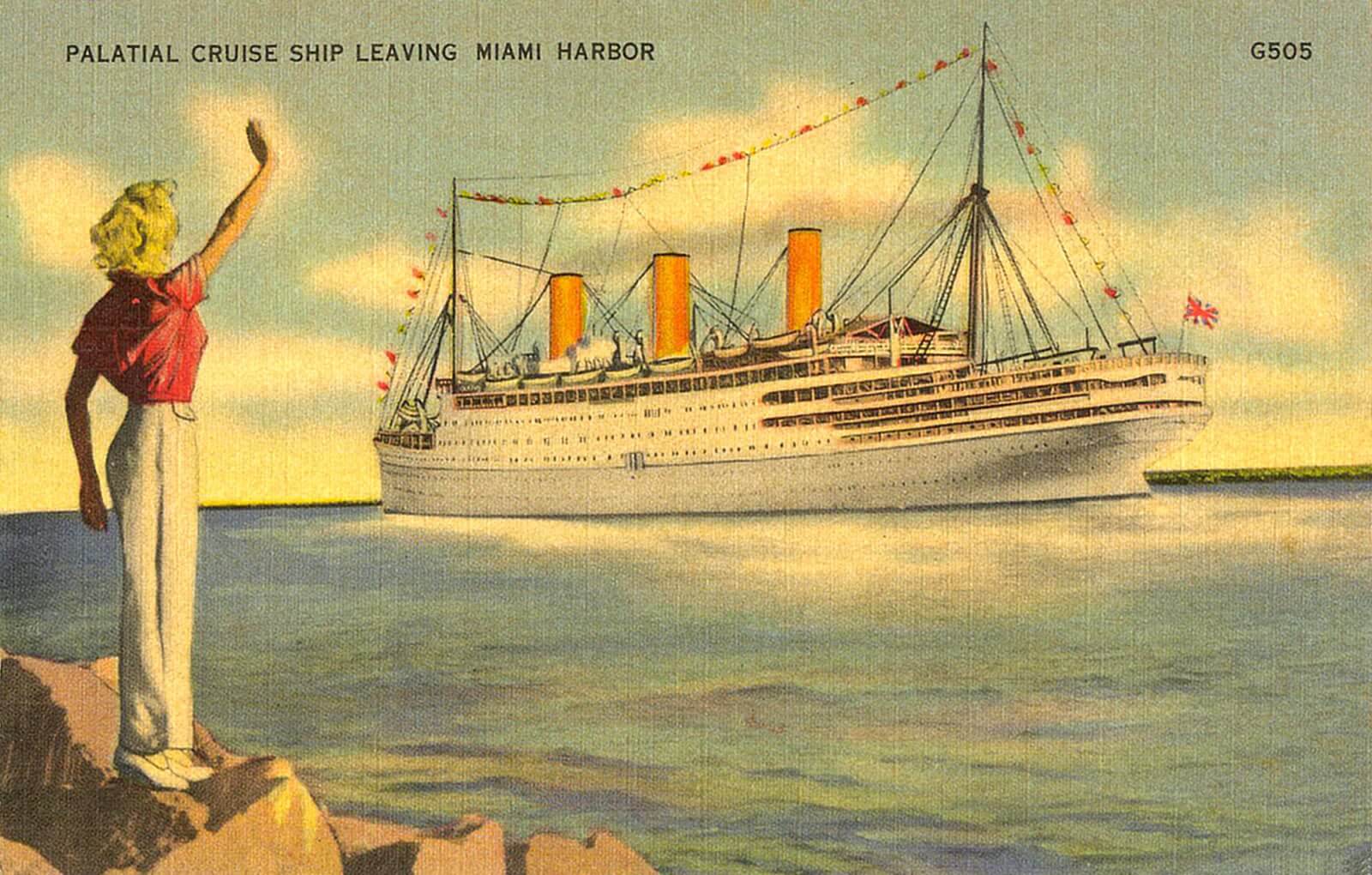

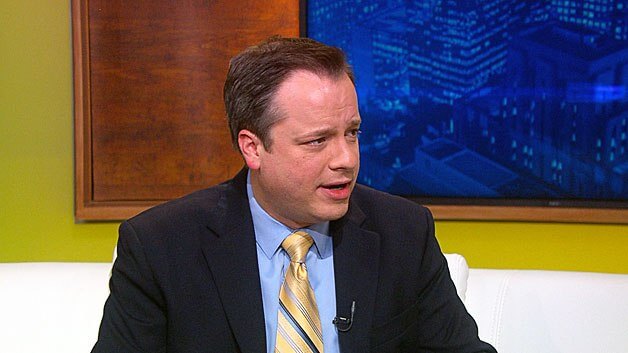
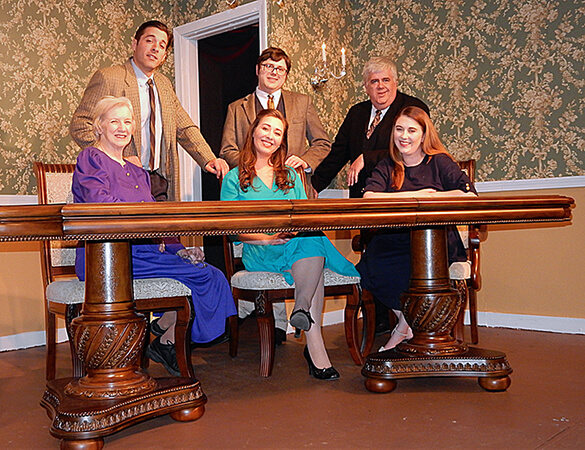 The Arctic Playhouse, the little not-for-profit theater, located on the main street of Arctic Village in West Warwick, R.I., has a table for you.
The Arctic Playhouse, the little not-for-profit theater, located on the main street of Arctic Village in West Warwick, R.I., has a table for you.